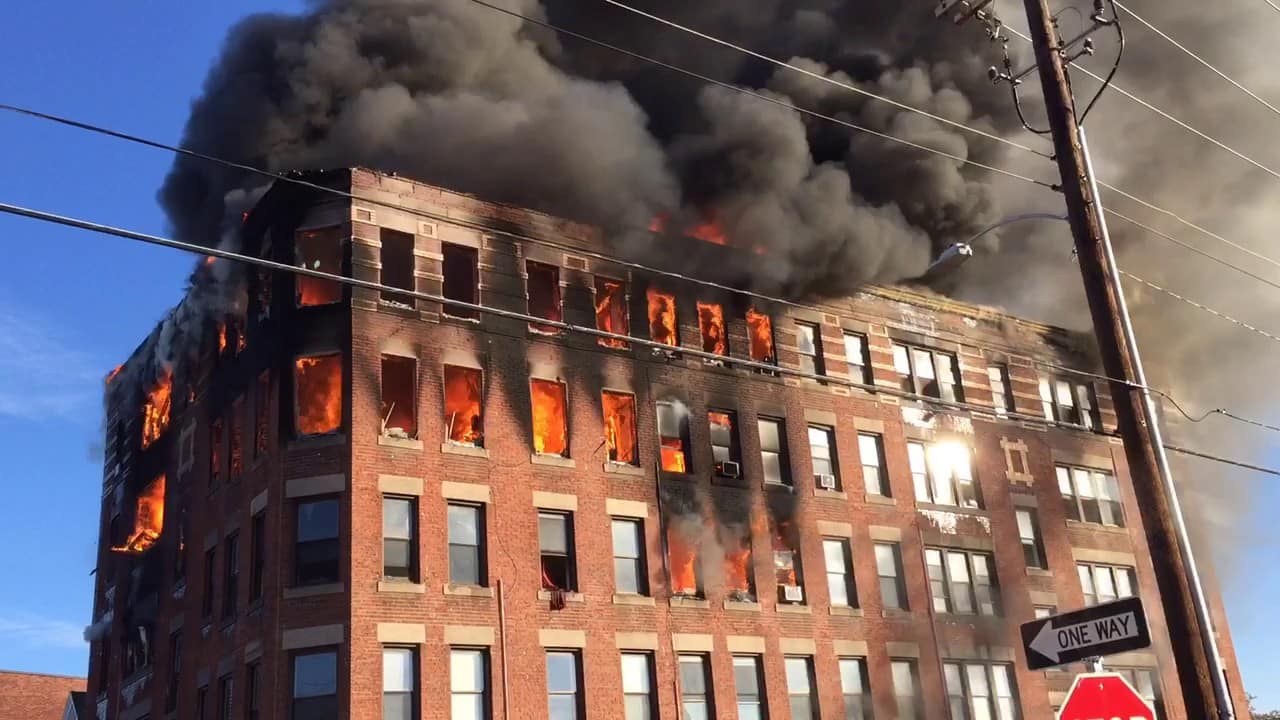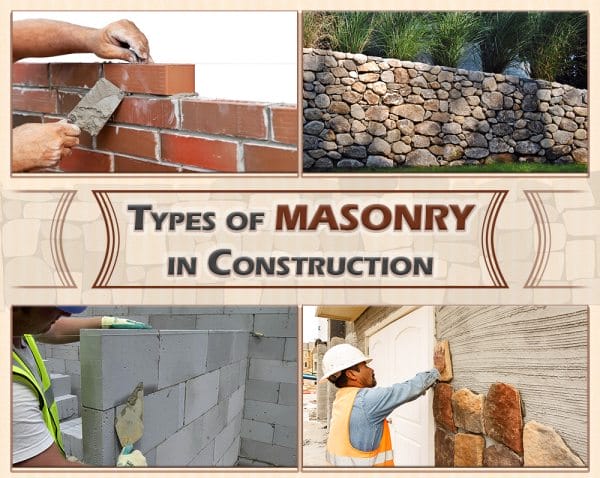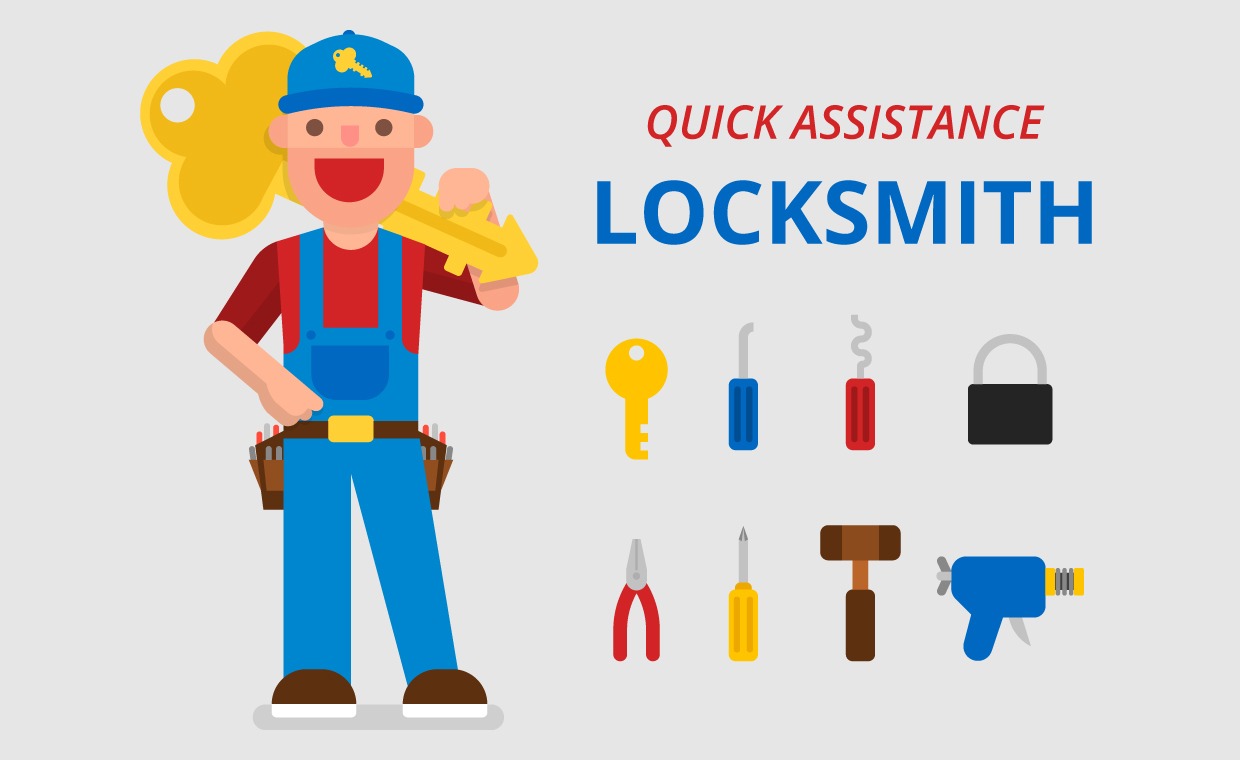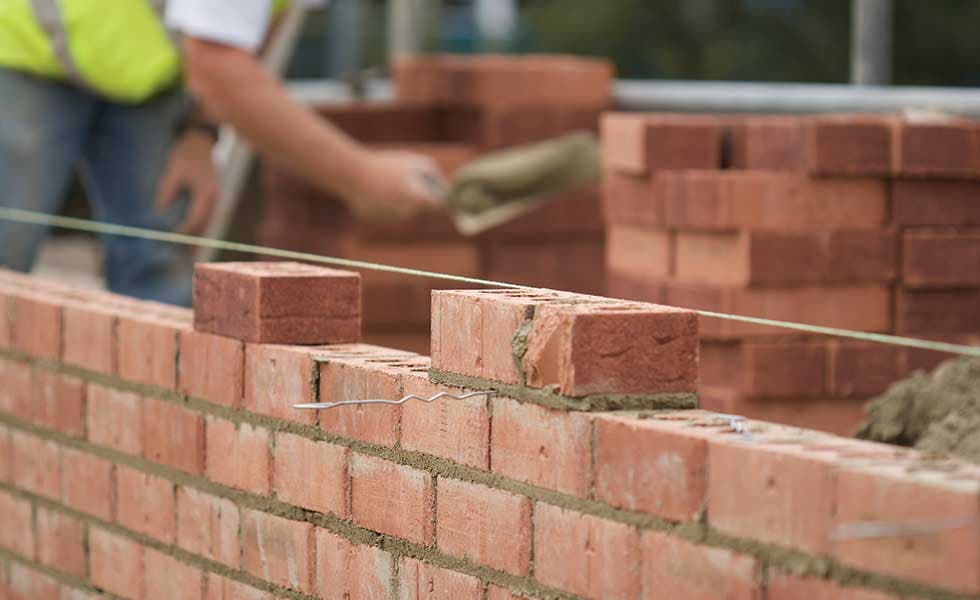
If you have noticed, most of the structures in the world are made from masonry. Due to its numerous advantages, masonry is used worldwide. Construction world is impossible without masonry. There are also disadvantages of masonry. So here, we have given the pros (advantages) and cons (disadvantages) of masonry
Pros (Advantages) and Cons (Disadvantages) of Masonry
Pros of Masonry
01. The use of masonry unit such as bricks, concrete blocks, and stones can increase the thermal mass of a building.
02. Masonry is a non-combustible product and can protect occupants, valuable things and the building from fire.
03. Masonry structures/walls are more resistant to natural hazards such as hurricanes or tornadoes and even good at stopping most types of rifle and pistol rounds
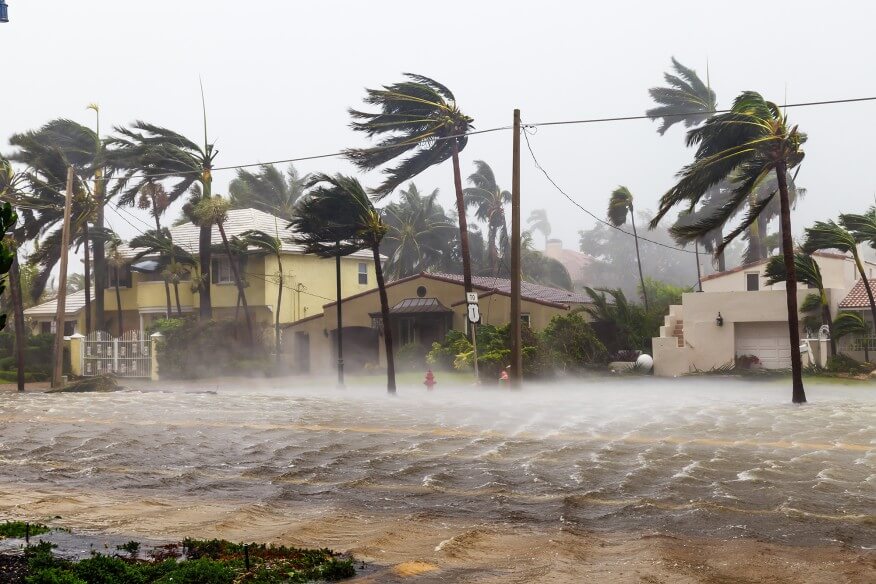
04. Masonry has extremely long usable life. You don’t see any 2 or 3-thousand-year-old wood buildings but there are plenty of masonry structures those old who still exist.
05. It won’t burn, which makes it great for building fireplaces.
06. It can be quite decorative depending on the skilled mason doing the building.
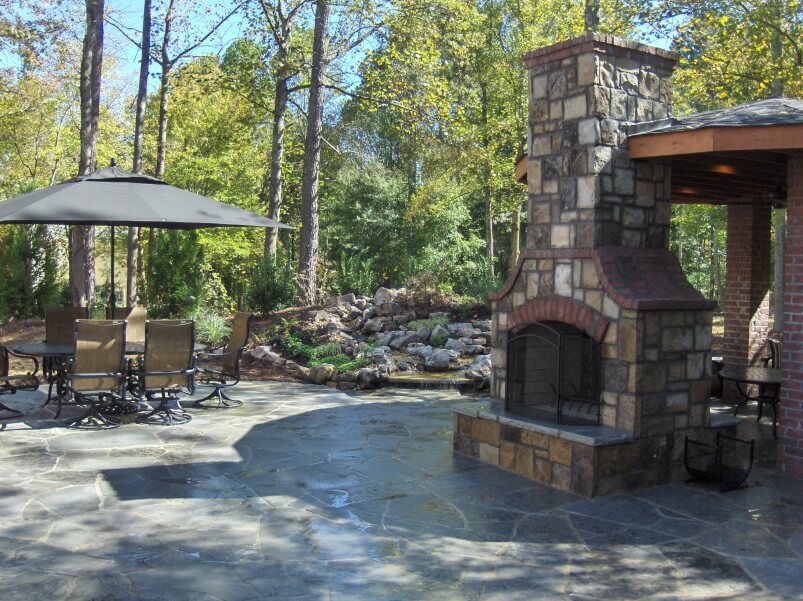
07. Masonry can withstand large amounts of compressive weight loads.
08. Masonry structure will give more resale value.
09. Masonry does not rot. Insects like termites, ants and other creepy crawlies don’t disturb the masonry structure.
10. Masonry construction cost is less in both materials and labor as compared to wooden construction.
Cons of Masonry
01. Masonry construction involves products i.e. brick, stone, and concrete block that are extremely heavy, cannot be delivered in a conventional vehicle and often must be ordered from a special catalog. The cost of selecting and moving the materials is compounded because masonry construction cannot be conducted in a heavy rain or under freezing conditions.
02. The installation also requires excessive construction time and manpower with highly specialized skills.
03. Masonry structures rely completely on their foundation for stability while, wooden structures can bend slightly with the settling of the foundation This means that as the house settles, cracks that occur can let in moisture. If these cracks are not repaired, the resulting moisture intrusion can cause structural problems, leading to collapse of the damage to the masonry structure.
04. Sometimes, masonry construction can lead to the premature and extensive sinking of the foundation as compared to the wooden structure.
Pros of Brick Masonry
01. Since the shape and size of bricks are uniforms, it does not need skilled labour for the construction.
02. Bricks are light in weight as compared to stone and concrete block, and hence handling them is easy.
03. Bricks are easily available masonry unit around cities and their transportation cost is less because their weight is less, while Stones are to be brought from quarries which are available only at few places.
04. It is possible to use different types of mortar in brick masonry. For unimportant buildings even, mud mortar can be used.
05. It is also possible to construct thinner walls with bricks but it is not so with stones.
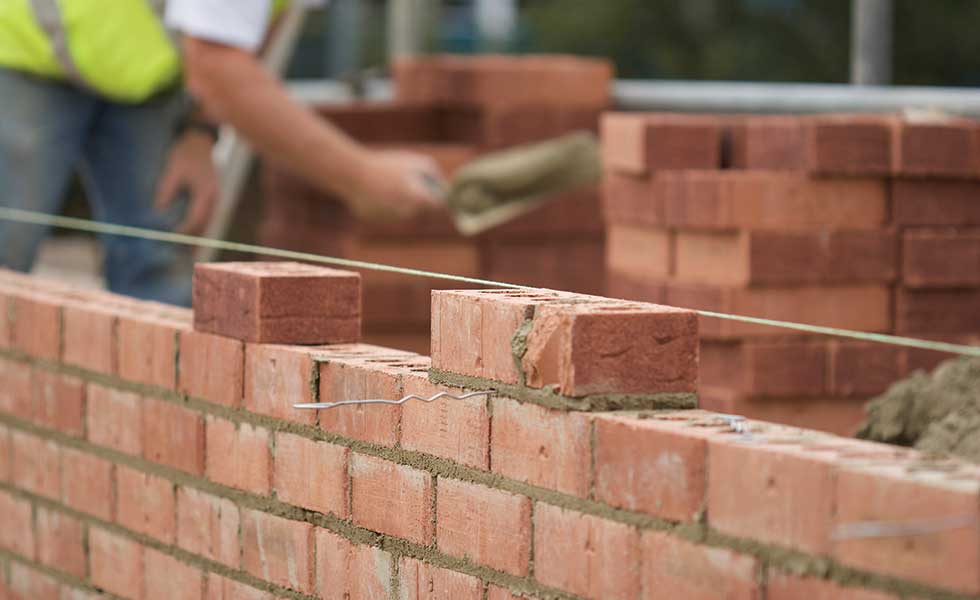
06. It is easy to form openings for doors and windows in brick masonry.
07. A dead load of brick masonry is less as compared to stone and concrete block masonry.
08. In brick masonry mortar joints are thin and hence construction cost is reduced noticeably.
09. Brick masonry has better fire and weather resistance compared to stone masonry.
10. Brick can be used for any project including thin walls, where the stone is not the best source.
Also Read:
Adhesive or Mortar: What is Cost Effective to joint the AAC Block?
8 Factors Affecting Initial Shrinkage in Concrete & Mortar
Cons of Brick Masonry
01.It is not good at handling tension or torsion load.
02. It is quite susceptible to damage caused by earthquakes.
03. Brick masonry is time-consuming to build with.
04. Not as strong as other materials such as stone.
05. Not as durable as compared to stone.
06. Brick masonry needs plastering work to finish a project which raise construction costs.
07. Brick absorbs water which will cause dampness and damage over time and will damage paint frequently.
08. Less aesthetic appeal with brick as there are limited sizes and colors.
Pros of Stone Masonry
01. There is no other material that is as durable, strong, and weather resistant as stone. As it is very strong and durable, it will last for a long time, safe for centuries.
02. Stone does not bend, swell, warp and splinter, or dent making it a great choice for building in areas where there is a lot of foot traffic or day to day activities.
03. Stone masonry gives more aesthetic look than brick and concrete block masonry. Stones are available in a variety of colors, sizes and textures. Using stone material is a great way to break out your creative side as you can mix and match different colors and sizes to make your dream house.
04. Stone has the potential to be grandiose, majestic, and imposing, but it can also be warm and welcoming.
05. Stone masonry is not affected by wind, rain, hail, sleet, and snow.
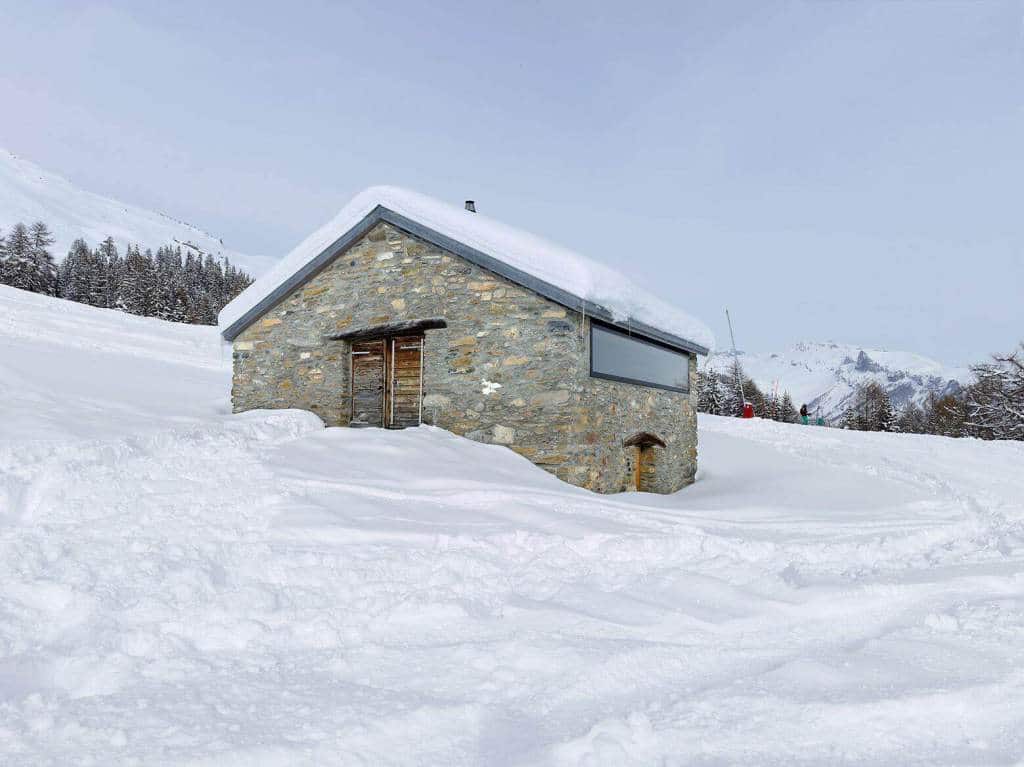
06. By using stone for construction, you are avoiding the risk of spending money on costly repairs as stone is hard to chip, bend or scratch.
07. Stone masonry is good insulation to air-transmitted noise.
Cons of Stone Masonry
01. The high thickness of the walls leads to a low yield of the potential living area i.e. less carpet area efficiency.
02. The high self-weight leads to great gravity and seismic loads.
03. Stone masonry is low flexural/seismic resistant.
04. Very slow execution (growing difficulty to guarantee specialized workmanship)
05. Stone masonry cannot be easily altered.
06. Stone masonry is difficult to repair or relocate.
07. Stone masonry takes more time to build (Time consuming).
08. Stone Masonry is very weak in resisting tensile forces.
09. Stone is not only heavy and hard to install but quite dangerous. Sometime, serious incidents may happen where joints inside the interior wall have deteriorated due to a lack of drainage for moisture which led to the overall collapse of the stone masonry structure.
Pros of Concrete Block Masonry
01. Concrete block masonry does not get weakened by moisture, pests, or mold.
02. Wooden structure will quickly succumb to flames; a concrete block masonry can resist them and limit fire’s ability to spread quickly.
03. Concrete block masonry unit is almost manufactured and sold locally due to the high costs associated with transporting heavy materials.
04. Concrete block masonry is better at keeping outside temperatures from entering the home, often resulting in lower energy costs.
05. Concrete block masonry unit can be custom ordered to meet your project’s requirements. Concrete blocks can be made in various colour, finish, shapes and size.
06. Concrete block masonry is common in areas where there is a lot of moisture. Unlike wood, concrete doesn’t attract mildew or rot when it’s wet for a long period of time. It’s also resistant to termites and other creature that damage homes that are constructed with a lot of wood.
07. AAC block uses fly ash and hence it is a green and environment-friendly material, and solves the problem & disposal of fly ash from power station.
08. Use of larger size concrete block reduces the number of joints in work and hence helps in saving mortar.
09. Concrete block masonry does not require finish surface.
10. Concrete block masonry has good insulating properties against sound, heat and dampness. Concrete block masonry can safely withstand the atmospheric action and it does not require protective covering.
Cons of Concrete Block Masonry
01. Not easy at handling as concrete blocks are heavy in weight and large in size.
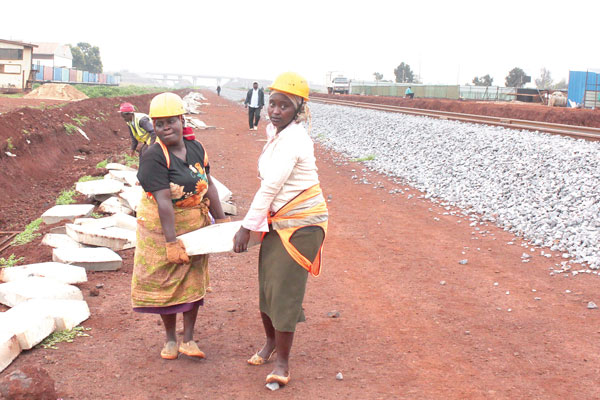
02. Concrete block masonry leads to be a little bit more expensive to build than another masonry. The price of concrete fluctuates and will also vary depending on the region, so there isn’t a set price for concrete block masonry across the country. It also depends on the price of cement.
03. If there’s an issue with plumbing in a concrete block masonry and pipes aren’t in an accessible part of the structure, some of the concrete blocks will have to cut for reaching the problem. It’s always best to make sure there’s a decent drainage system in the concrete block masonry or near any water pipes to avoid major flooding or plumbing issues.
04. In an area with a high-water table, using concrete block masonry for basement can lead to seepage and water damage. This can be solved with quality waterproofing material and paint.
05. Solid concrete masonry weighs more, leading to more need of steel in RCC structures, and as it also requires more manpower to lift and lift it at a certain height.
Masonry is a timeless element. Its presence is all around us, starting from home we live, to the world we travel. If you observe, may be hospital or school, residential building or commercial building, all great buildings are made in masonry. Though it has many disadvantages it has been used all over the world.
Must Read:
Pros & Cons of Portland Pozzolana Cement (PPC) Over Ordinary Portland Cement OPC)
Comparison of Red Bricks vs AAC Blocks vs Fly Ash Bricks vs Solid Concrete Blocks vs CLC Blocks
Solid Concrete Blocks Vs AAC Blocks: How to Make the Right Choice
Image Courtesy: Image 1, Image 2, Image 3 – mason-lite, Image 4, Image 5, Image 6 – mediamaxnetwork


